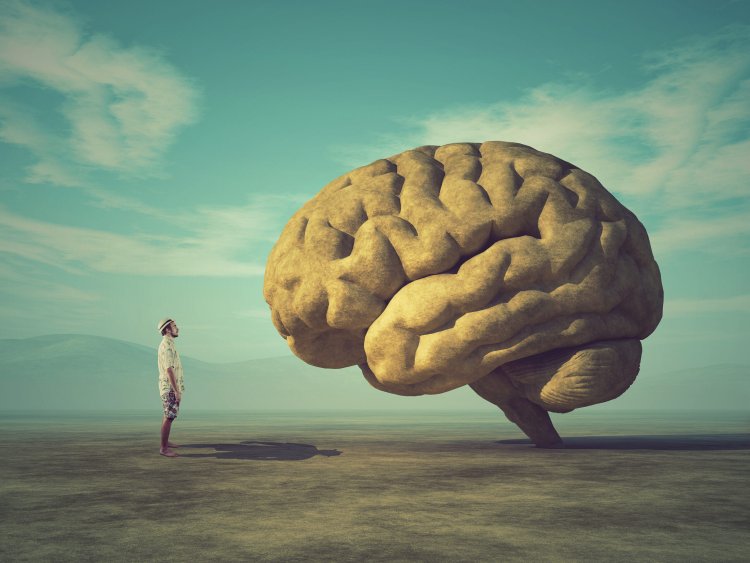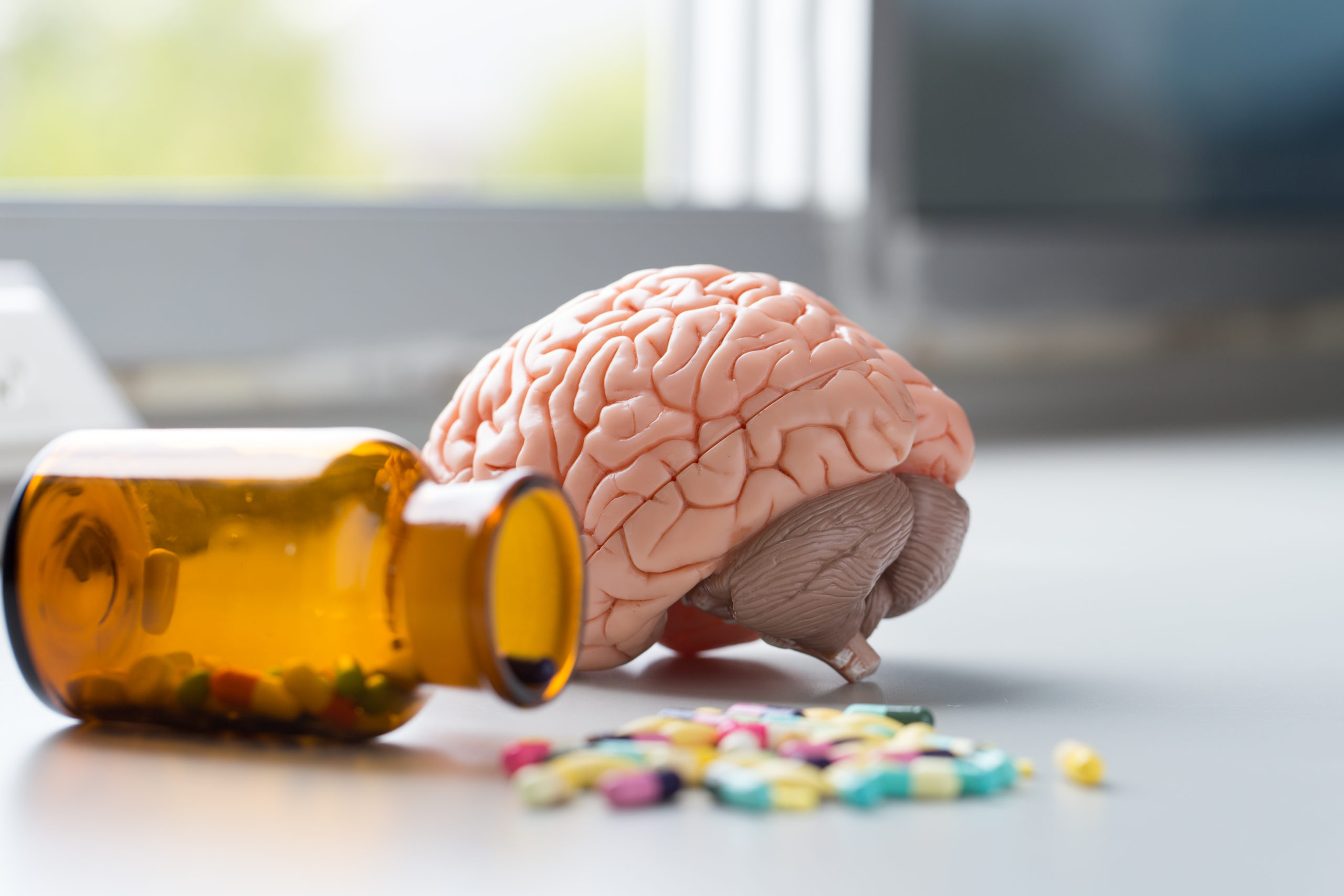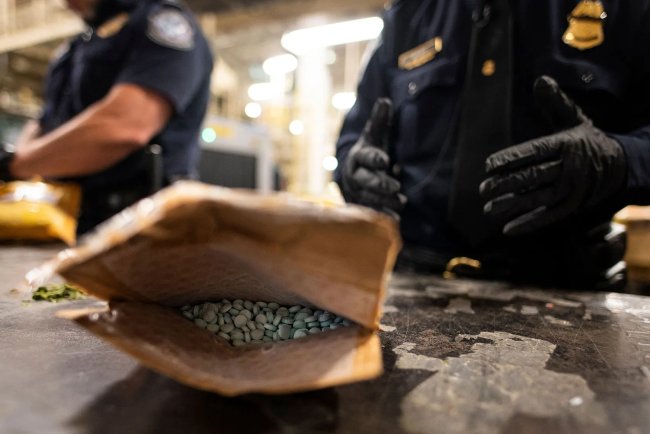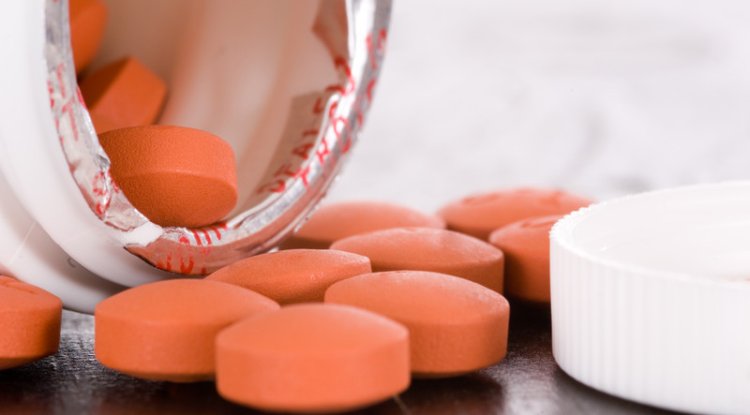How Brain Plasticity Shapes Drug Addiction and Our Ability to Heal
The human brain—this mysterious, miraculous three-pound organ we carry around in our skulls—is constantly changing. It learns, forgets, heals, grows. It bends without breaking. That’s the gift of neuroplasticity—our brain’s remarkable ability to rewire itself based on the things we go through. It’s how we pick up new languages, learn to play the piano, or teach ourselves to ride a bike.

But here’s the thing: the brain doesn’t just adapt to the good. It adapts to everything. Including pain. Including drugs. And that same plasticity that lets us grow and learn? It can also pull us into some of the darkest corners of ourselves.
When the Brain Learns the Wrong Lesson
No one sets out to become addicted. Frequently, it begins with something as basic as curiosity, peer pressure, or the need to temporarily feel better. Subsequently, the brain's reward system is illuminated by the initial surge of dopamine. It seems like the solution for a time.
But the brain is always paying attention. And when something feels good, it remembers. It wants more. So it starts building a mental shortcut: “This helps. Do it again.”
Over time, that shortcut becomes a superhighway. The brain doesn’t just react to the drug—it begins to crave it. It starts whispering that relief is just one hit away. What was once a choice becomes an itch you can’t scratch, a cycle that feels impossible to break. And because the brain is plastic—it learns. Even when what it's learning is destructive.
Addiction: A Disease or Just the Brain Doing What It Does?

There’s a lot of debate about what addiction really is.
Marc Lewis, see it as a kind of learned behavior gone wrong. Trying to survive. If you’re stuck in a painful reality and drugs offer a way out, the brain latches onto that escape route. Not because it’s broken, but because it’s doing what it was designed to do: adapt.
Others, like Dr.According to Nora Volkow of the National Institute on Drug Abuse, addiction is more accurately described as a chronic brain disease that physically changes our reward systems, stress management skills, and decision-making abilities. They cite long-term alterations in self-control, brain chemistry, and MRI scans.
But despite the different theories, everyone agrees on one powerful truth: healing is possible. Because the brain can always change.
Rewiring the Brain: What Recovery Really Looks Like
Here’s where things get hopeful. That same brain that learned to depend on drugs? It can also unlearn. It can build new pathways. It can rewire.
That’s where therapy comes in—especially Cognitive Behavioral Therapy (CBT). It helps people unpack the thoughts and patterns that lead them to use, and then gently introduces new ones. It’s not about forcing change. It’s about teaching the brain a new way to live.
Another effective method is contingency management—basically, rewarding healthy choices. Show up for therapy? Pass a drug test? You get a reward. It’s not about bribery—it’s neuroscience. It helps reinforce the kind of behavior that supports healing.
Over time, these new patterns grow stronger. The cravings don’t always disappear, but the person becomes stronger than the craving. And that’s everything.
This Isn’t Just Willpower—It’s Biology
We’re often told addiction is a matter of willpower. But that’s not the full story. What recovery really involves is rewiring—on a deep, cellular level. It’s a person actively reshaping their own brain, step by step, breath by breath.
And that’s not a weakness. That’s courage.

Healing from addiction isn’t about becoming someone new. It’s about coming back to yourself. It’s about reminding your brain—and your heart—that you’re safe now. That you can feel joy again, without needing to numb. That you deserve to live fully, without the chains of a substance calling the shots.
In Closing
Addiction isn’t about moral failure. It’s not a character flaw. It’s a side effect of the brain doing what it’s built to do: learn and adapt.Fortunately, we can overcome the same force that drew us into addiction.
Neuroplasticity is a cause for optimism, not just a scientific theory. It is evidence that there is always a way out of a hole, no matter how deep it seems. A path forward. A way back.
If the brain can learn addiction, it can learn freedom too. And that might just be the most human truth of all.
What's Your Reaction?




















